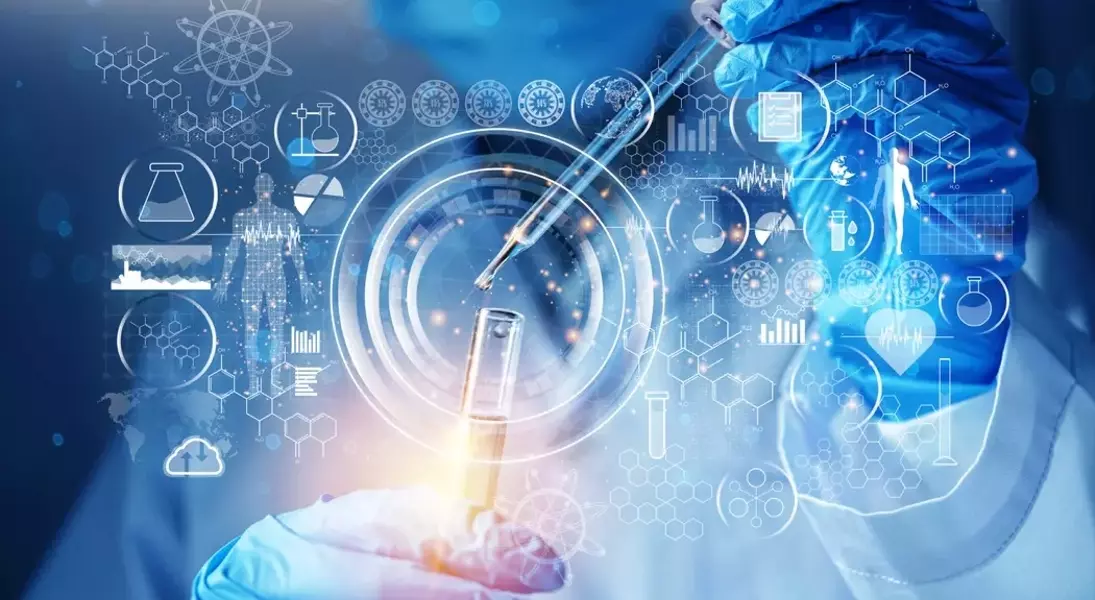
L'Oréal has embarked on an innovative partnership with IBM, leveraging the power of generative artificial intelligence (GenAI) to uncover new insights from cosmetic formulation data. This collaboration aims to promote the use of sustainable raw materials that require less energy and produce minimal waste. By harnessing IBM's expertise in AI technology, L'Oréal seeks to significantly enhance its research and innovation capabilities across all cosmetic categories and regions globally.
The partnership will develop a customized generative AI model designed to handle large-scale data processing tasks. Trained on extensive datasets, this foundational model will assist in creating new products, reformulating existing cosmetics, and optimizing production processes at scale. L'Oréal anticipates that this tool will enable its researchers to better understand renewable ingredients' behavior in cosmetic formulations, helping achieve their 2030 sustainability goals.
Promoting Sustainability Through Advanced Technology
This section delves into how L'Oréal plans to incorporate sustainable practices into its product development process. The company emphasizes the importance of using renewable and sustainable raw materials to preserve natural resources. With the help of IBM's GenAI technology, L'Oréal aims to identify key information from vast amounts of formulation data, leading to more eco-friendly product creation.
To ensure a greener future, L'Oréal is committed to utilizing biosourced materials and circular economy principles in most of its product formulas by 2030. The newly developed AI model will play a crucial role in achieving this goal by enabling researchers to gain deeper insights into renewable ingredients' performance within cosmetic formulations. This knowledge will facilitate the development of products that are not only sustainable but also meet high-quality standards.
Enhancing Innovation with Generative AI
In this part, we explore the potential impact of the customized generative AI model on L'Oréal's research and innovation efforts. The model will be trained on a vast array of formulations and component data, allowing it to perform multiple tasks efficiently. It will aid in creating new products, reformulating existing ones, and optimizing large-scale production processes.
L'Oréal expects this advanced tool to accelerate its innovation pipeline, resulting in more inclusive, sustainable, and personalized products. Stéphane Ortiz, Head of Innovation Métiers & Product Development at L'Oréal Research & Innovation, highlighted the significance of this partnership within the company's digital transformation program. The collaboration with IBM represents a significant step towards enhancing the speed and scale of L'Oréal's innovation and reformulation processes, ultimately benefiting both consumers and the environment.
